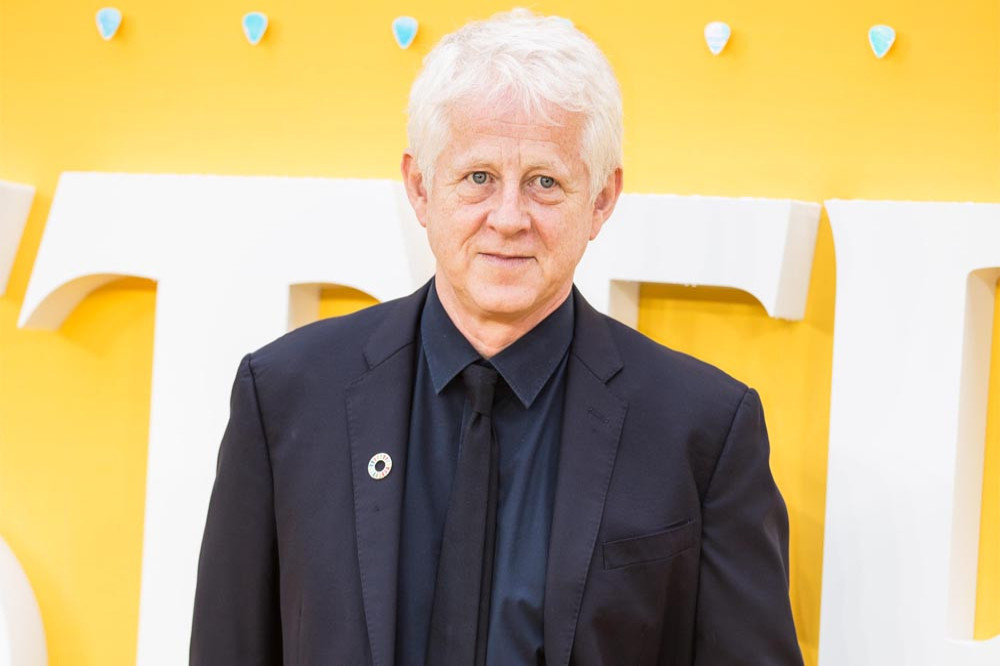Richard Curtis would love to create two new sitcoms.

Richard Curtis has ideas for new sitcoms
The 67-year-old screenwriter co-created two of the most popular studio comedy shows of all time; 'Blackadder' and 'The Vicar of Dibley'.
Despite also writing several hit films, including rom-coms 'Four Weddings and a Funeral' and 'Love Actually', Curtis says sitcom is his favourite medium to write in and he has ideas for others, but isn't sure if he has the time left to make them as he approaches his 70th birthday.
Speaking on 'Blackadder' star Tony Robinson's 'Cunningcast' podcast, he said: "I love sitcom, if I could live for 300 years I would write two more. There is a kind of structural joy to it. I do know how the sitcoms that I wrote work, which is there is sort of a setting up of two plots and them interweaving them. The setting up of venues.
“In 'The Vicar of Dibley' it was always her kitchen and the council room. In 'Blackadder' it was always Blackadder’s rooms and then the Prince’s or Queen’s room. Or that introduction of a new person in scene three, then they will have an opinion about him in scene four and then he will return in scene five, there is a joy about it. That joy in order, that joy in knowing how construction works … when you pair a sitcom down - like writing a sonnet - you actually produce better work.”
Despite the last series of 'Blackadder' - which placed Rowan Atkinson’s titular character and Robinson’s Baldrick in the trenches of World War I - airing in 1989 the show still has an incredibly loyal fanbase and new people coming to comedy all the time.
Curtis believes that the secret to Blackadder’s longevity is that each of the four series is set in a different era of history which means that the show doesn’t age like other classic sitcoms such as John Cleese’s 'Fawlty Towers' which was set in a fictional hotel in the English seaside town of Torquay in Devon and aired between 1975 and 1979.
He said: "Why has it lasted well? I wonder whether one of the reasons is because it’s set in history it doesn’t date.
“Even 'Fawlty' is starting to look a bit creaky round the edges but because of the fact that we were 400 years out of date when we started I think it has a long lasting quality. “Then I think the process that I find so hard, which was the actors not rehearsing, simply re-writing and arguing about the script for five days a week did make it very dense. Therefore I do think it has a richness to it which means that when people return to it there’s still lots going on rather than it being very sort of unitary and simple. I also think we caught a lot of people in their performing prime.”
Tagged in Richard Curtis Ben Elton

